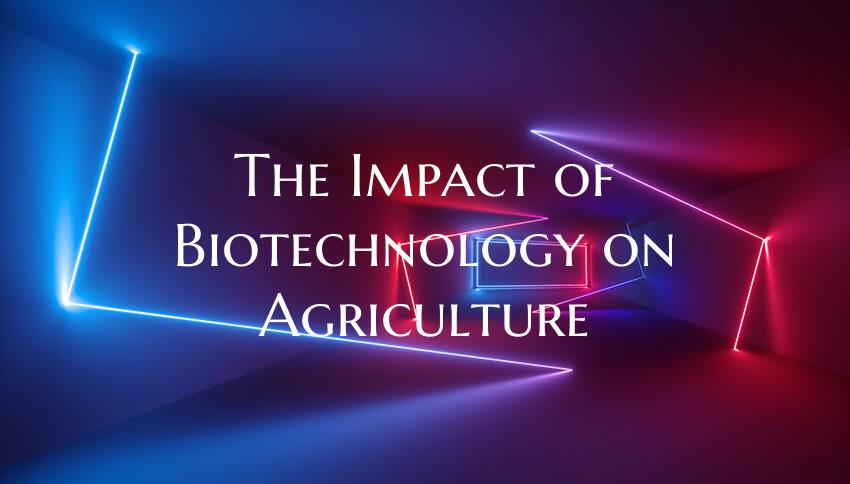The Impact of Biotechnology on Agriculture
Biotechnology has revolutionized the field of agriculture, offering new tools and solutions to address the challenges faced by farmers around the world. By harnessing the power of biological systems and organisms, biotechnology has enabled the development of genetically modified crops that exhibit improved resistance to pests, diseases, and environmental stressors.
One of the defining impacts of biotechnology on agriculture is the ability to enhance crop productivity and yield. Through genetic engineering, scientists have been able to introduce desirable traits into plants, such as increased drought tolerance or enhanced nutritional content. This has not only helped to address food security issues but has also allowed farmers to cultivate crops more sustainably, reducing the need for harmful chemical pesticides and fertilizers.
Biotechnology has also played a crucial role in addressing environmental concerns related to agriculture. By developing crops that require fewer inputs and are more resilient to changing climate conditions, biotechnology has helped to mitigate the negative impacts of farming practices on the environment. For example, the development of genetically modified crops that are resistant to certain herbicides has enabled farmers to adopt no-till farming practices, reducing soil erosion and improving soil health.
Furthermore, biotechnology has facilitated the production of biofuels and biomaterials from agricultural feedstocks, offering a renewable alternative to traditional fossil fuels and plastics. By utilizing crops such as corn and sugarcane to produce biofuels, biotechnology is helping to reduce greenhouse gas emissions and dependence on finite resources.
In conclusion, the impact of biotechnology on agriculture has been profound, leading to increased productivity, sustainability, and environmental stewardship in farming practices. As technology continues to advance, biotechnology will play an increasingly important role in shaping the future of agriculture and ensuring food security for a growing global population.

